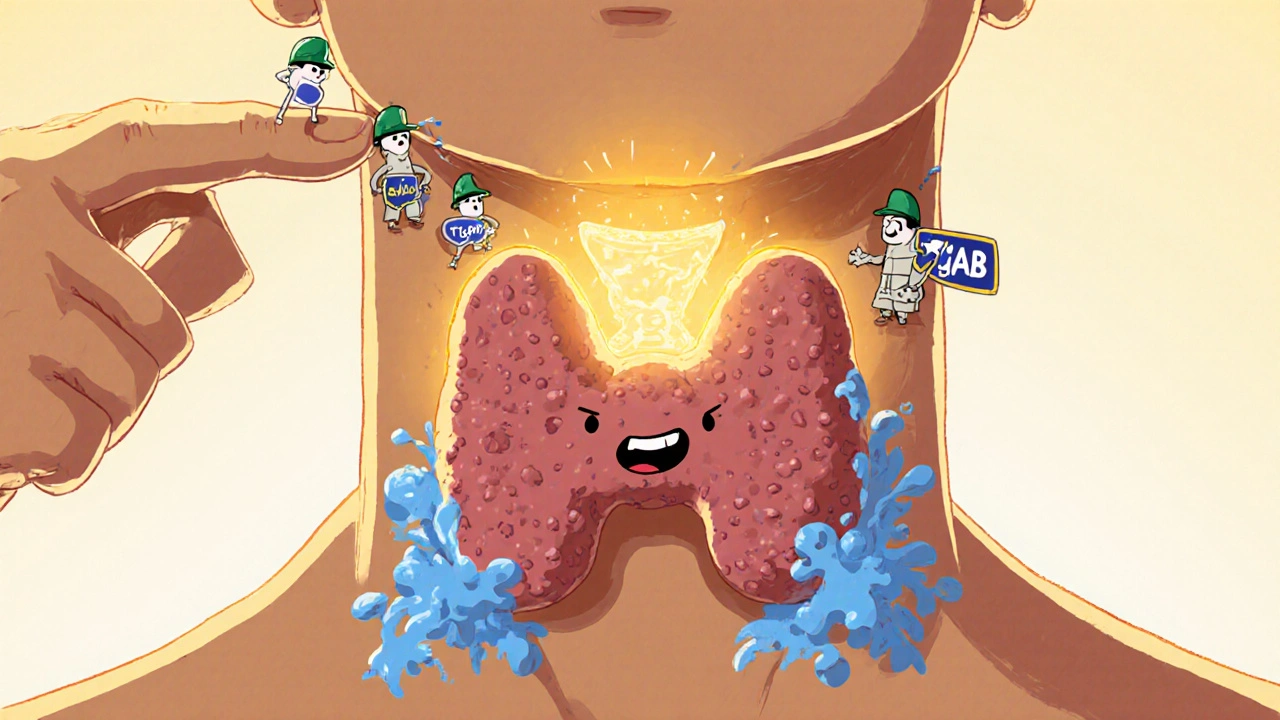Levothyroxine: What It Is, How It Works, and What You Need to Know
When your thyroid doesn’t make enough hormone, levothyroxine, a synthetic version of the thyroid hormone thyroxine (T4) used to replace what the body can’t produce. Also known as synthetic thyroxine, it’s the go-to treatment for hypothyroidism and helps keep your metabolism, energy, and mood on track. Millions take it daily—some for life—and yet many don’t know how it really works or why the brand vs. generic debate matters so much.
Levothyroxine isn’t just a pill. It’s a precise hormone replacement. Your body converts it into T3, the active form that powers everything from your heart to your brain. Get the dose wrong—too little and you’ll stay tired, too much and you risk heart palpitations or bone loss. That’s why consistency matters. Switching between brands or generics can throw off your levels, even if they’re labeled the same. That’s why so many people stick with one version, whether it’s generic levothyroxine, the FDA-approved, lower-cost version of Synthroid that works the same but can have slight variations in fillers, or a specific brand. And yes, those tiny differences can affect how you feel.
It’s not just about the drug itself. What you take it with, when you take it, and even what you eat can change how well it works. Coffee, calcium, iron, and soy can block absorption. That’s why doctors tell you to take it on an empty stomach, 30 to 60 minutes before breakfast. And if you’re pregnant, sick, or starting a new medication, your dose might need adjusting. That’s why regular blood tests aren’t optional—they’re the only way to know you’re on the right amount.
People often confuse levothyroxine with other thyroid meds like liothyronine (T3) or natural desiccated thyroid. But levothyroxine is the standard for a reason: it’s predictable, well-studied, and works for most people. Still, if you’re still tired after months on it, it’s not just "in your head." It could be absorption issues, other health conditions, or even a need to check your adrenal function. The posts below cover exactly that—real stories and science about how levothyroxine fits into daily life, why some people struggle with generics, how to buy it safely online, and what to watch for when your body doesn’t respond like it should.
Learn how protein shakes interfere with levothyroxine absorption and the exact timing rules to follow. Discover morning vs evening dosing strategies, real patient experiences, and practical tips to keep your thyroid levels stable.
Feb, 4 2026
Hashimoto's thyroiditis is the most common cause of hypothyroidism. Learn how TSH levels are managed with levothyroxine, why symptoms persist despite 'normal' tests, and what triggers flares - backed by clinical data and patient experiences.
Nov, 16 2025


